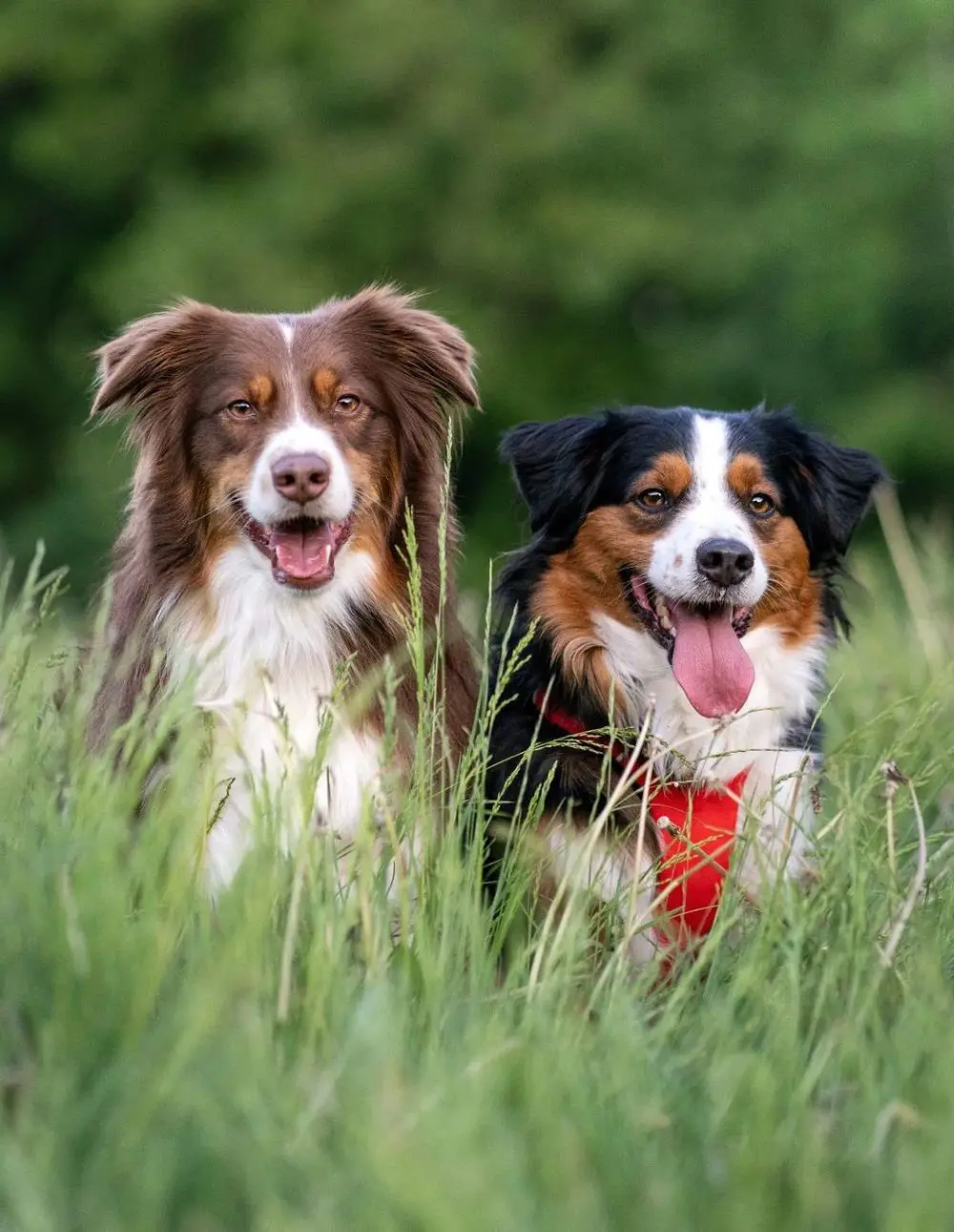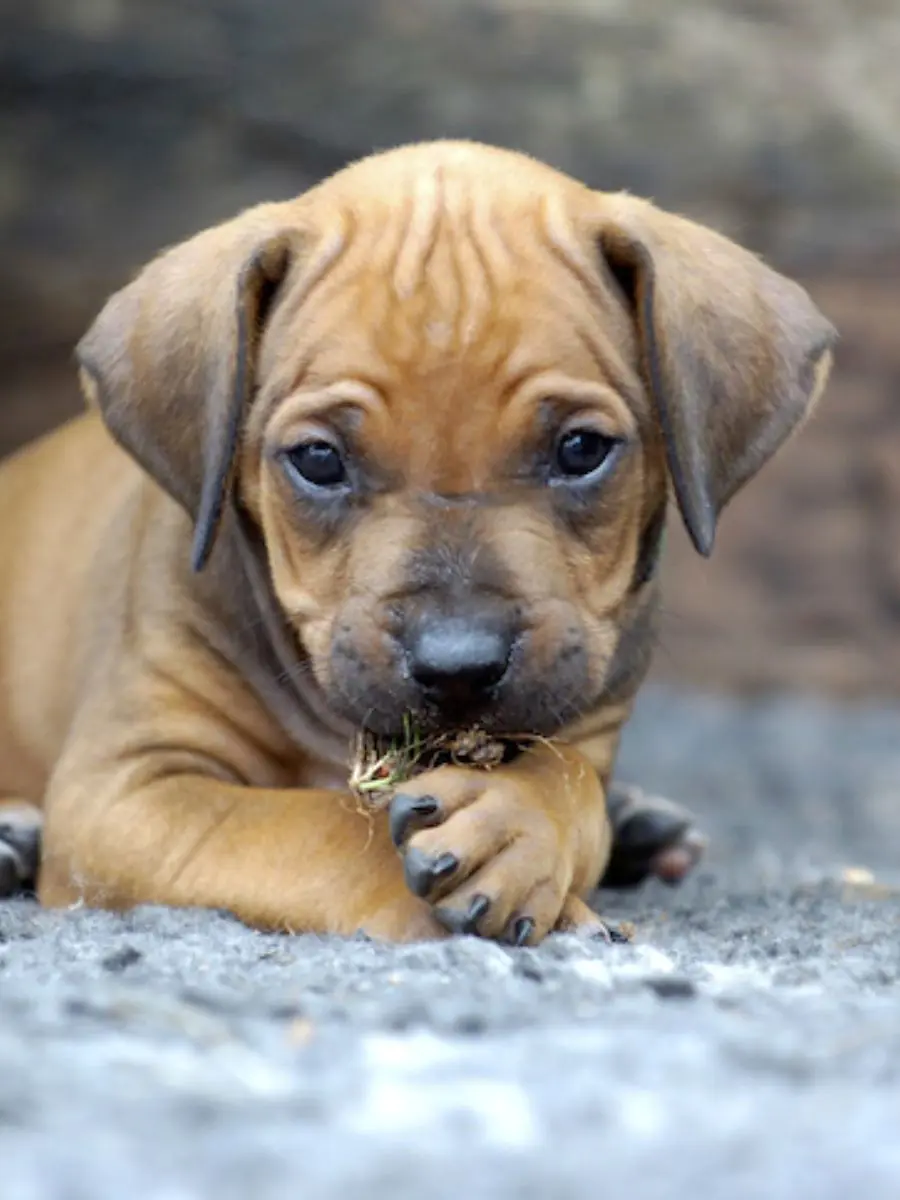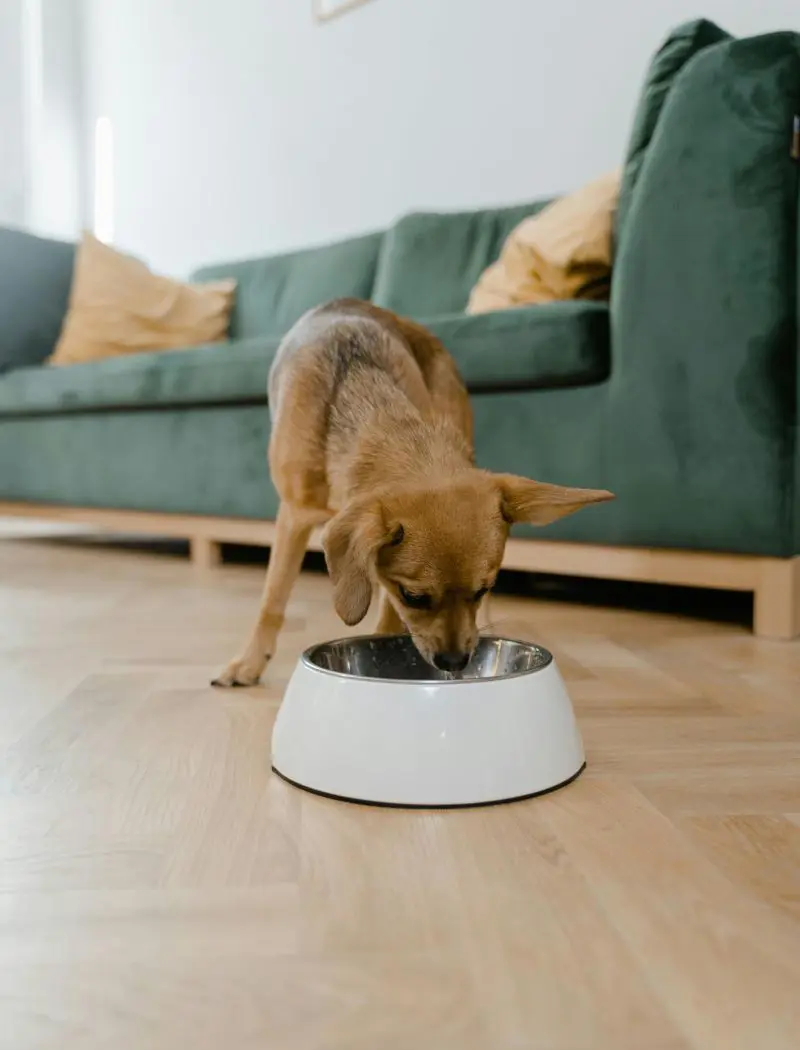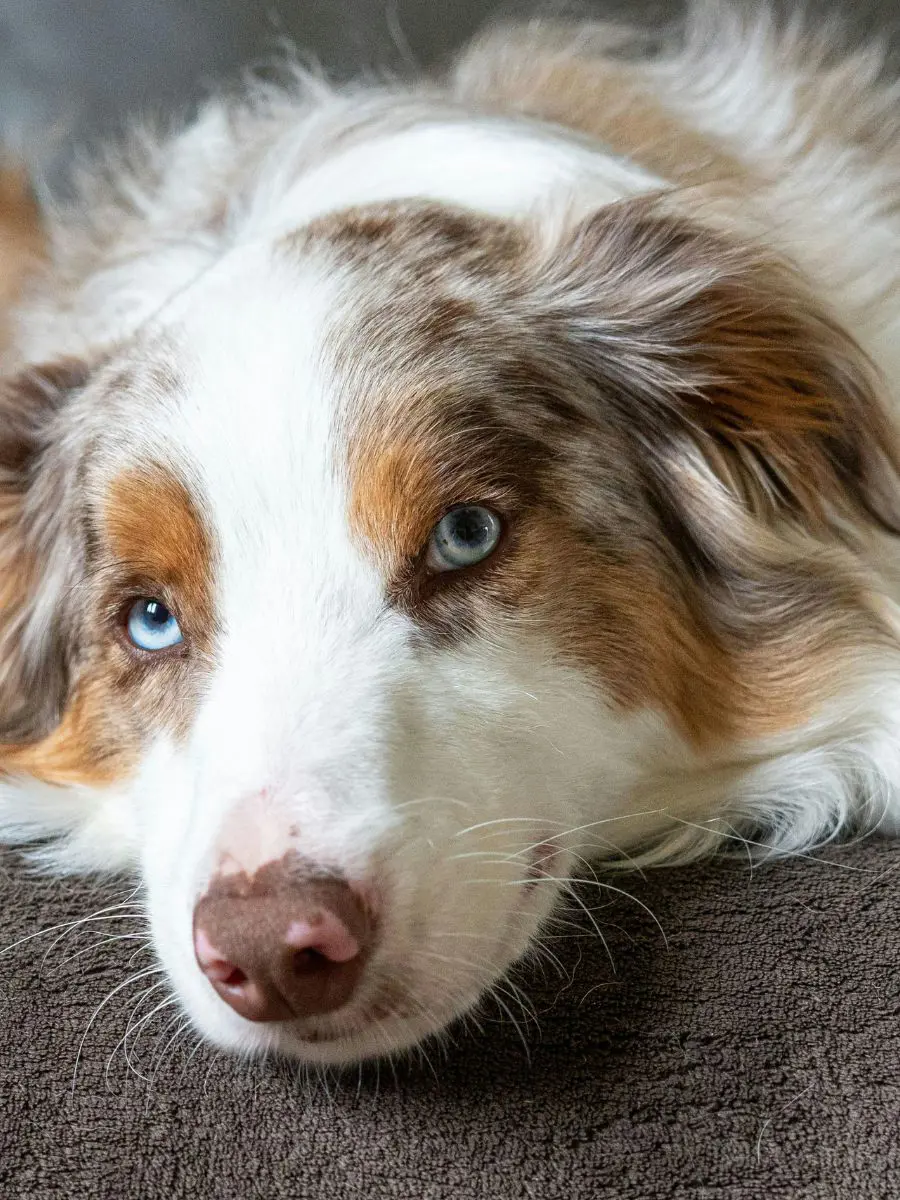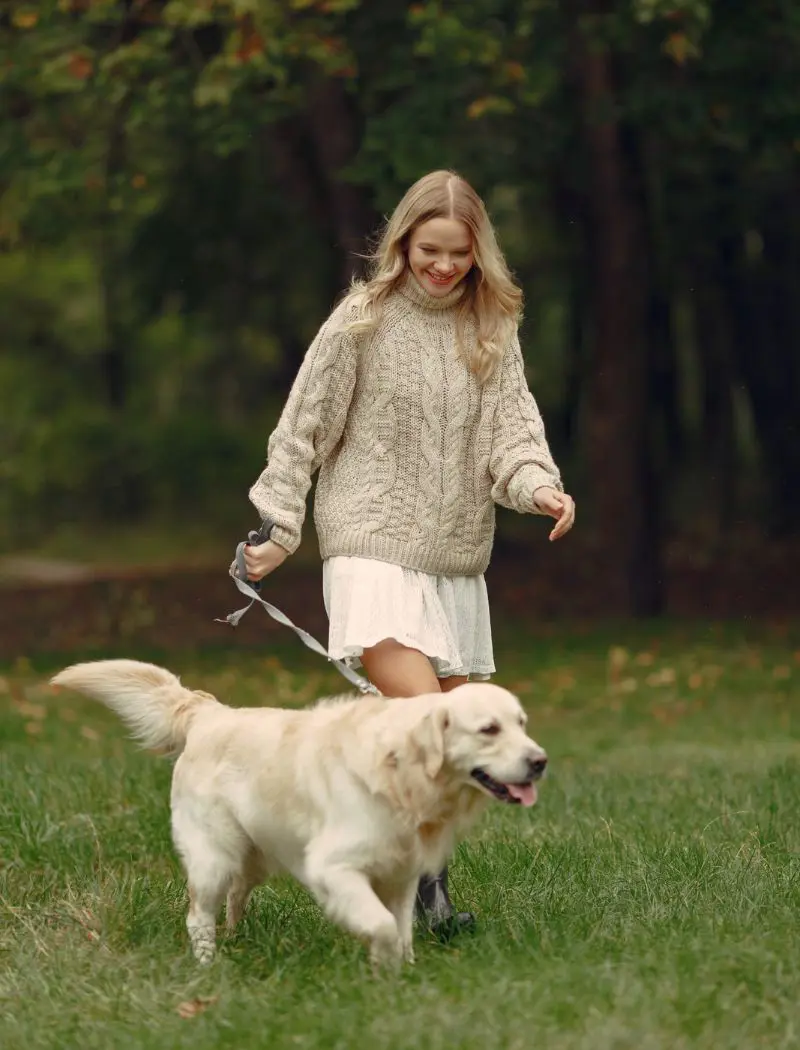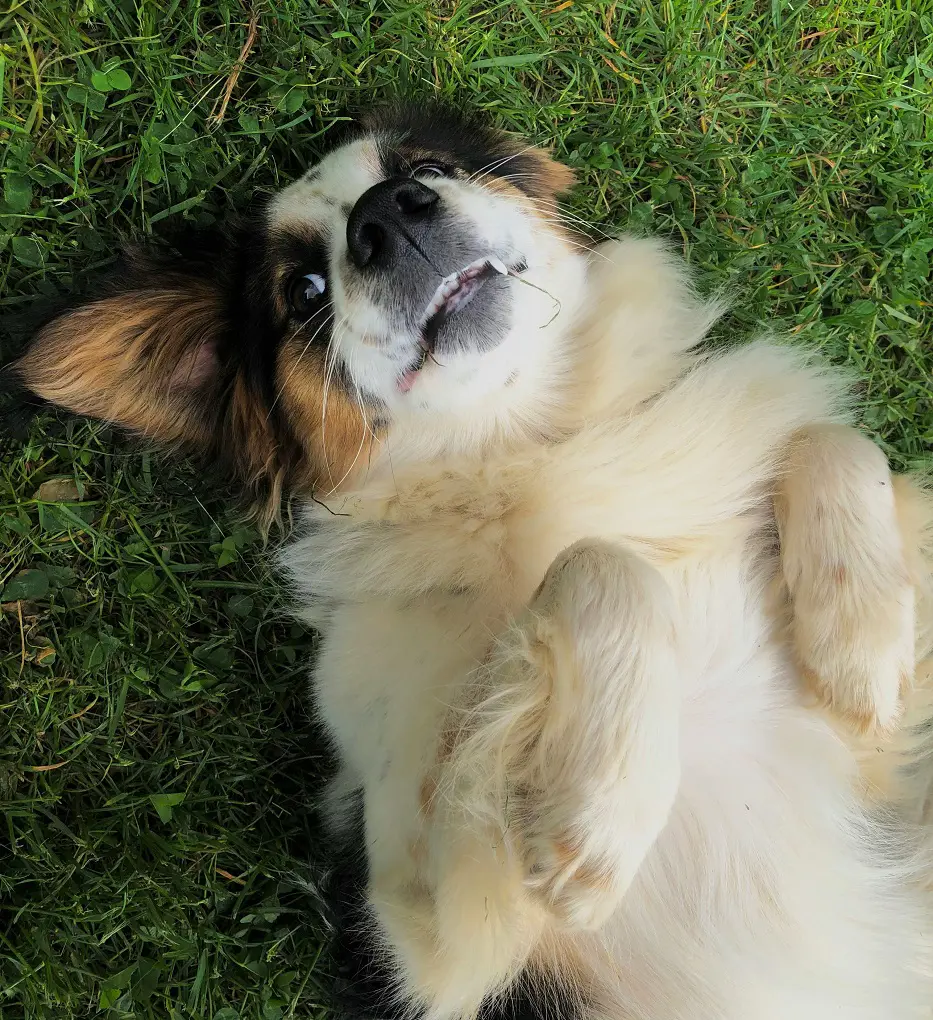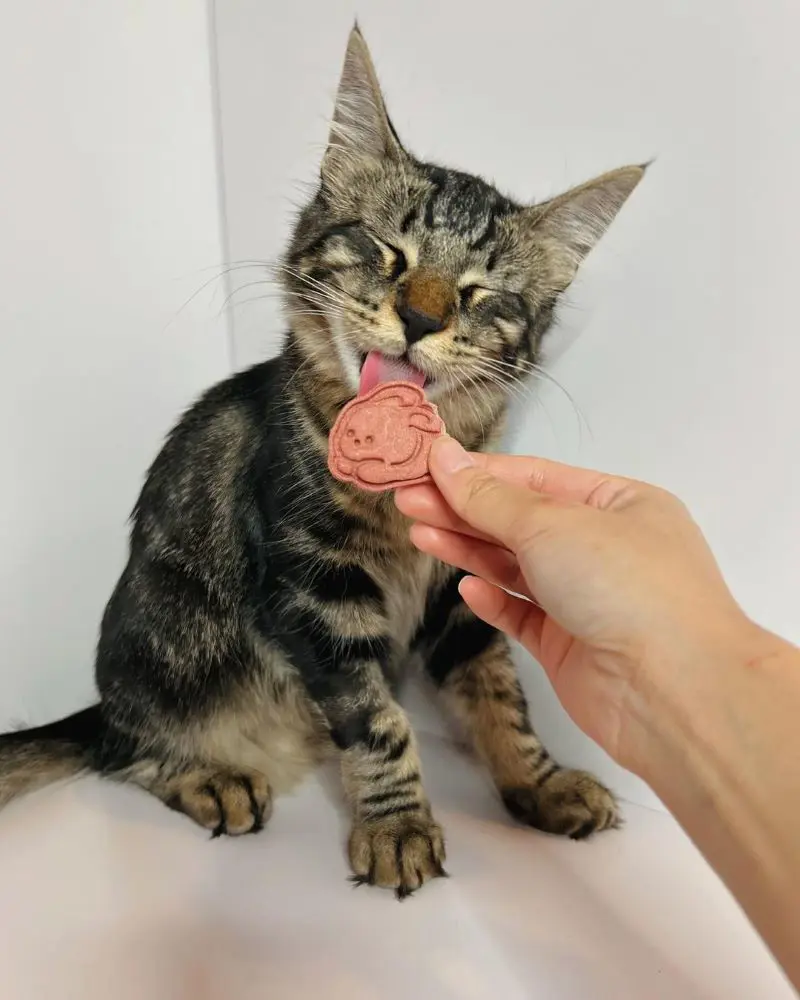18 Reasons Why Your Dog Is Drooling So Much
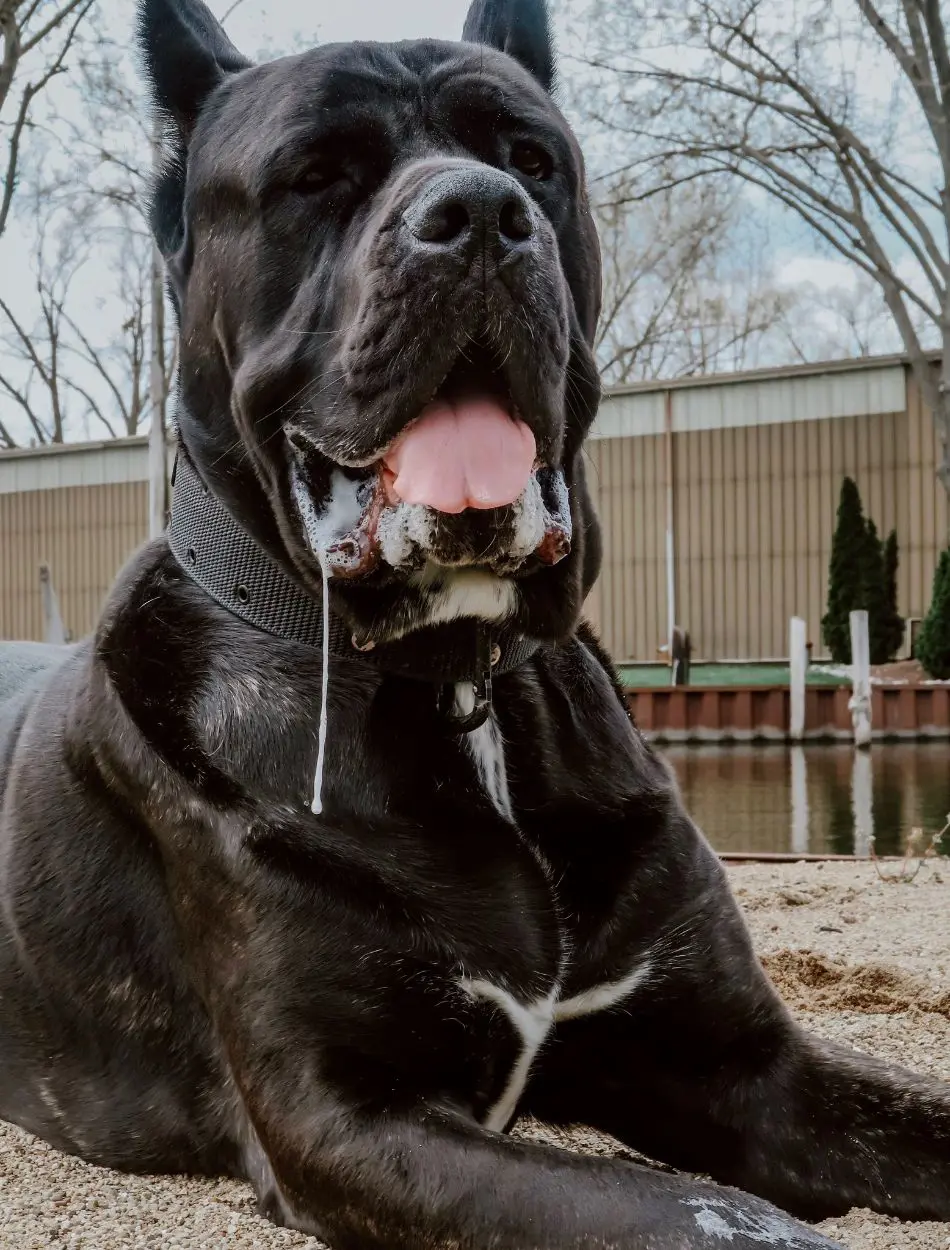
While drooling in dogs is perfectly normal in certain situations, excessive or continued drooling may hint at a more serious issue that requires attention. Once you know the probable causes of this drooling in your dog, you can take some necessary steps to ensure health and comfort.
This blog further discusses some of the most common causes of your dog's excessive drool. This will lead you to when it is best to seek veterinary advice.
1. Excitement Or Anxiety
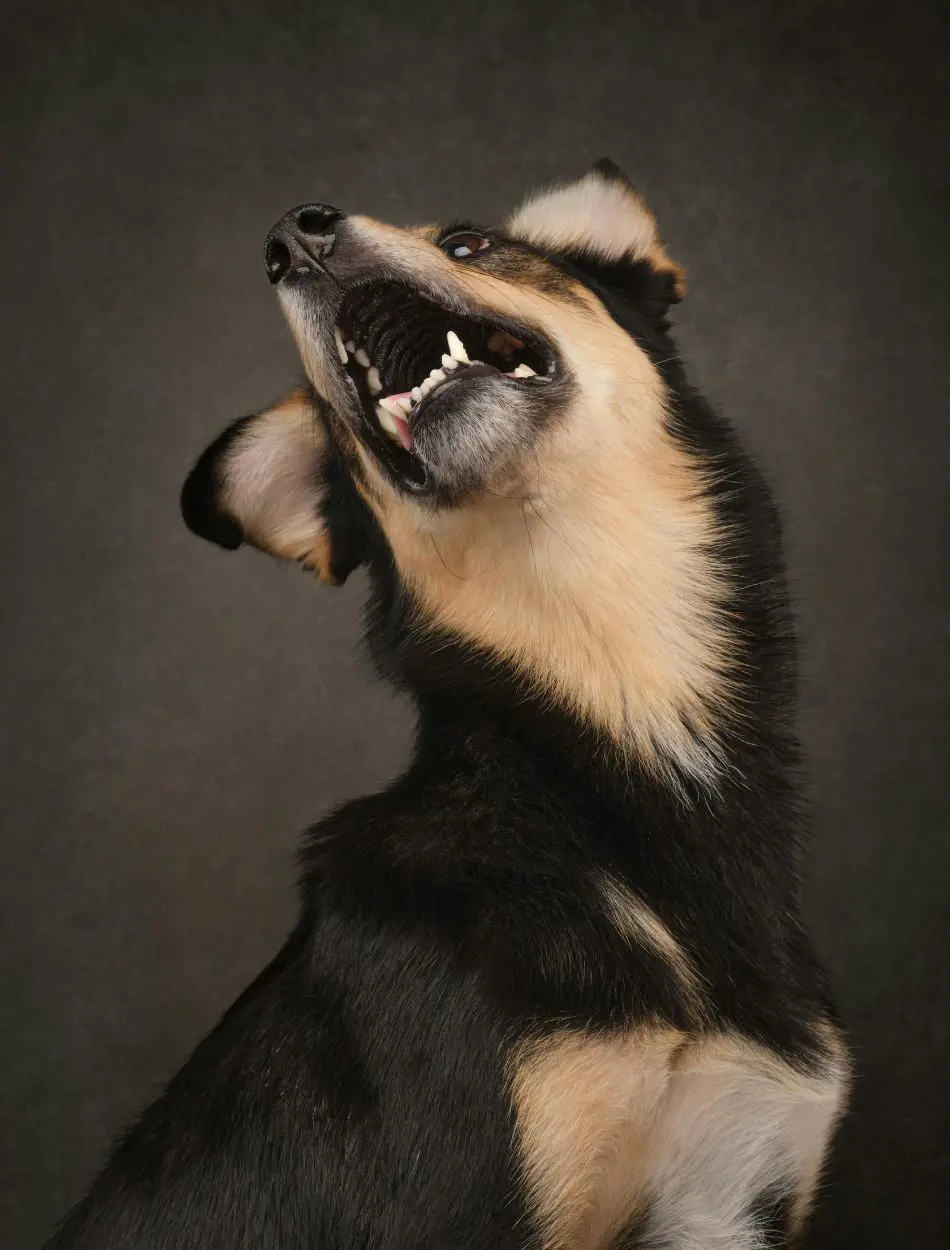
The reason dogs drool exceedingly when they get overly excited or anxious is because their salivary glands immediately go into overtime, preparing them for an emotional response. It could be food, playing, or even introductions to new environments, but the body of the dog is already preparing itself to digest through more salivation.
On the other hand, drooling also occurs in those dogs who are under stress or tension since nervousness disrupts their stomach and makes them drool instead as a sort of soothing mechanism. Both cases serve as excellent indicators for the owner to gauge if their dog is excited or nervous.
2. Breed Characteristics
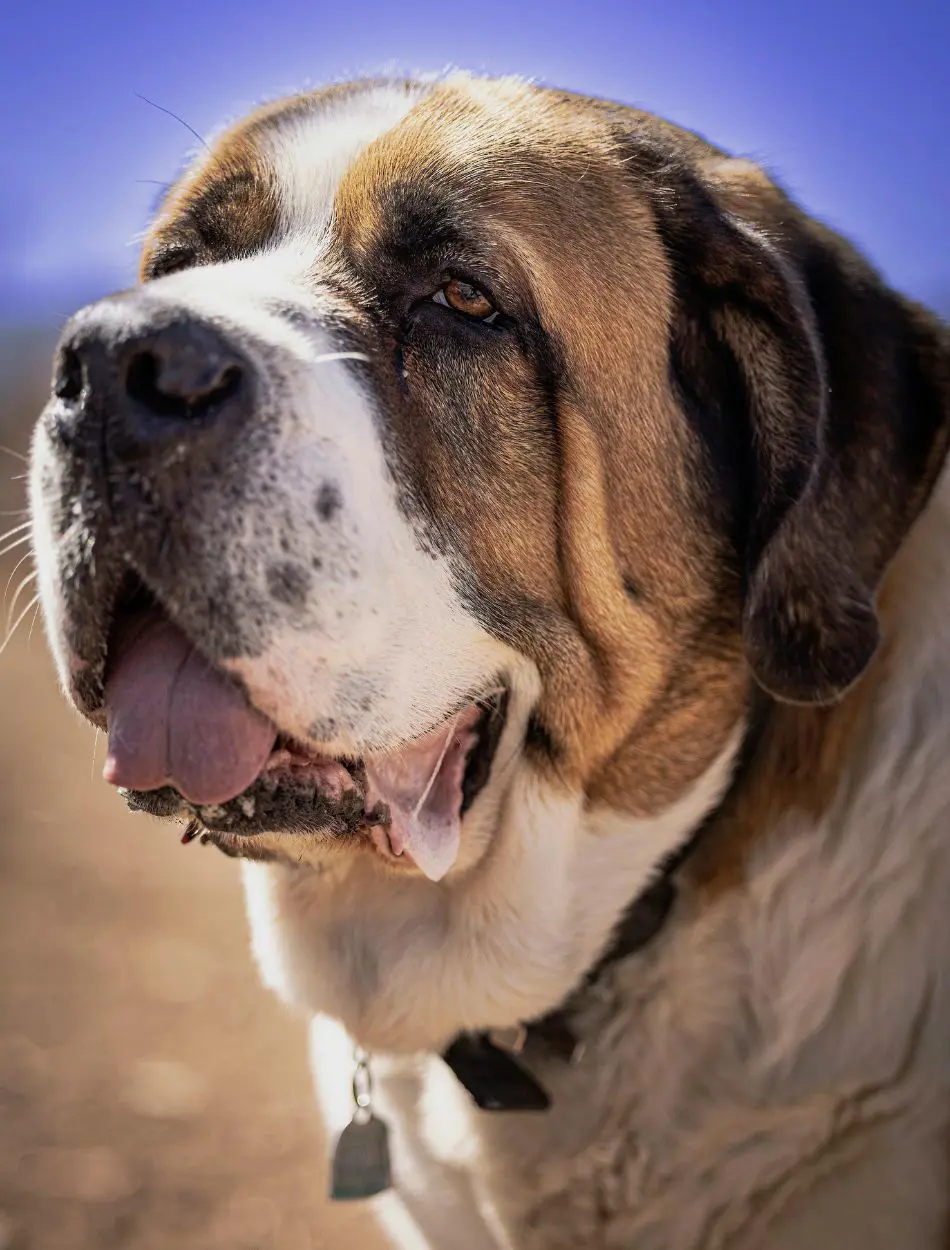
Drooling just so happens to be the birth nature of some breeds of dogs that have physiological characteristics, especially the loose-lipped ones or those with huge jowls, such as Saint Bernard and Bloodhounds. Their lips are designed in such a way that trap saliva, which will gather and fall out more than it does in other breeds.
Leaner breeds, such as Greyhounds or Whippets, have tight skin on their face, so they drool less because the dogs aren't carrying as much saliva in their mouth. The shape of the head with the dog's lip structure defines a big part of precisely how much drooling they do daily.
3. Anticipation of Food
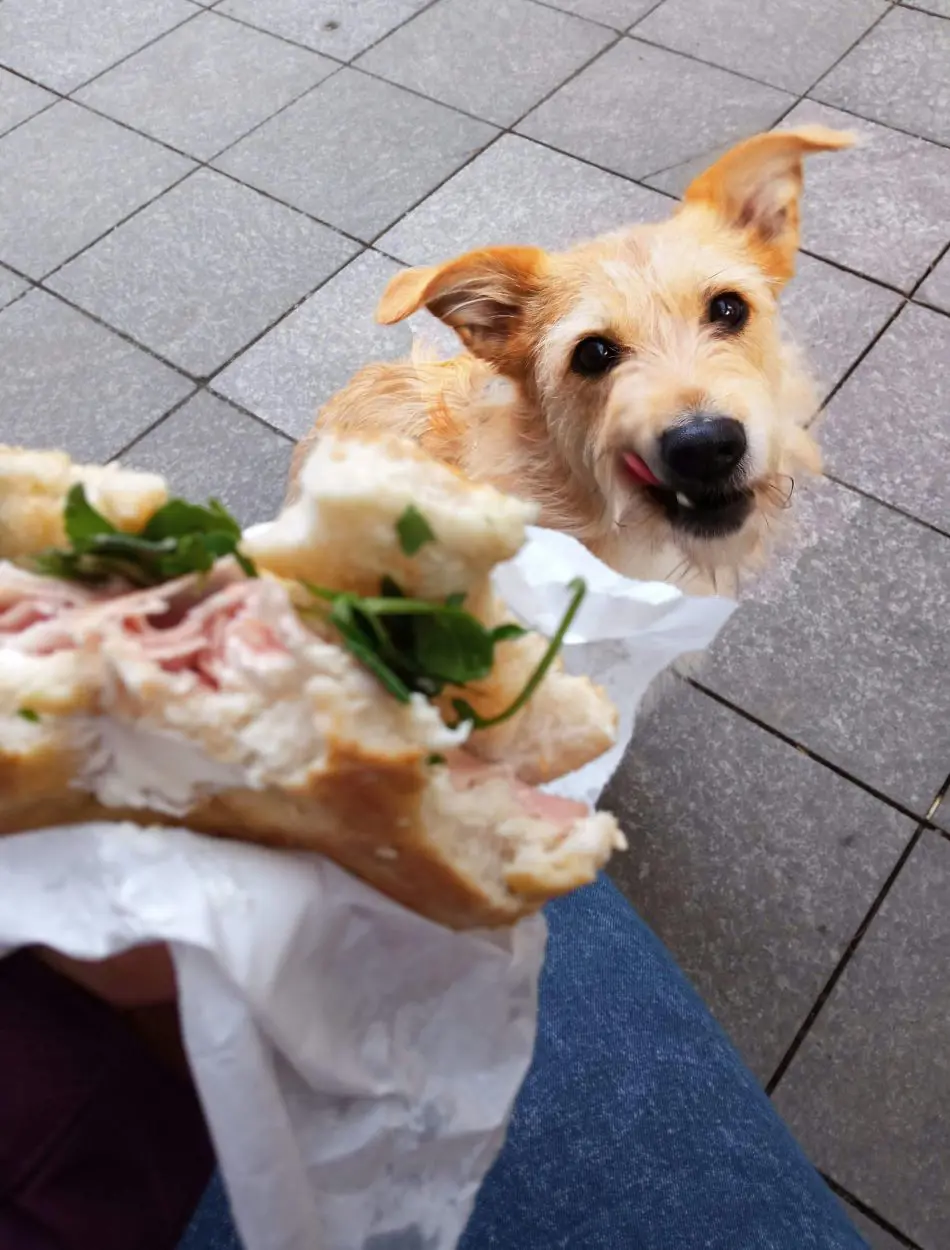
Like humans who start salivating when they either see or smell their favorite food, canines drool with anticipation of food, too. Immediately, the salivary glands go into action. A drooling response starts food digestion.
Saliva contains enzymes that partially break down the food before it ever reaches their stomachs. It can be time to eat or simply have a snack, the sound of a clinking, or even the aroma of a snack, is enticing enough for drooling to start.
Drooling of this kind is normal, it can be magnified in those dogs that have increased excitement about food.
4. Teething in Puppy
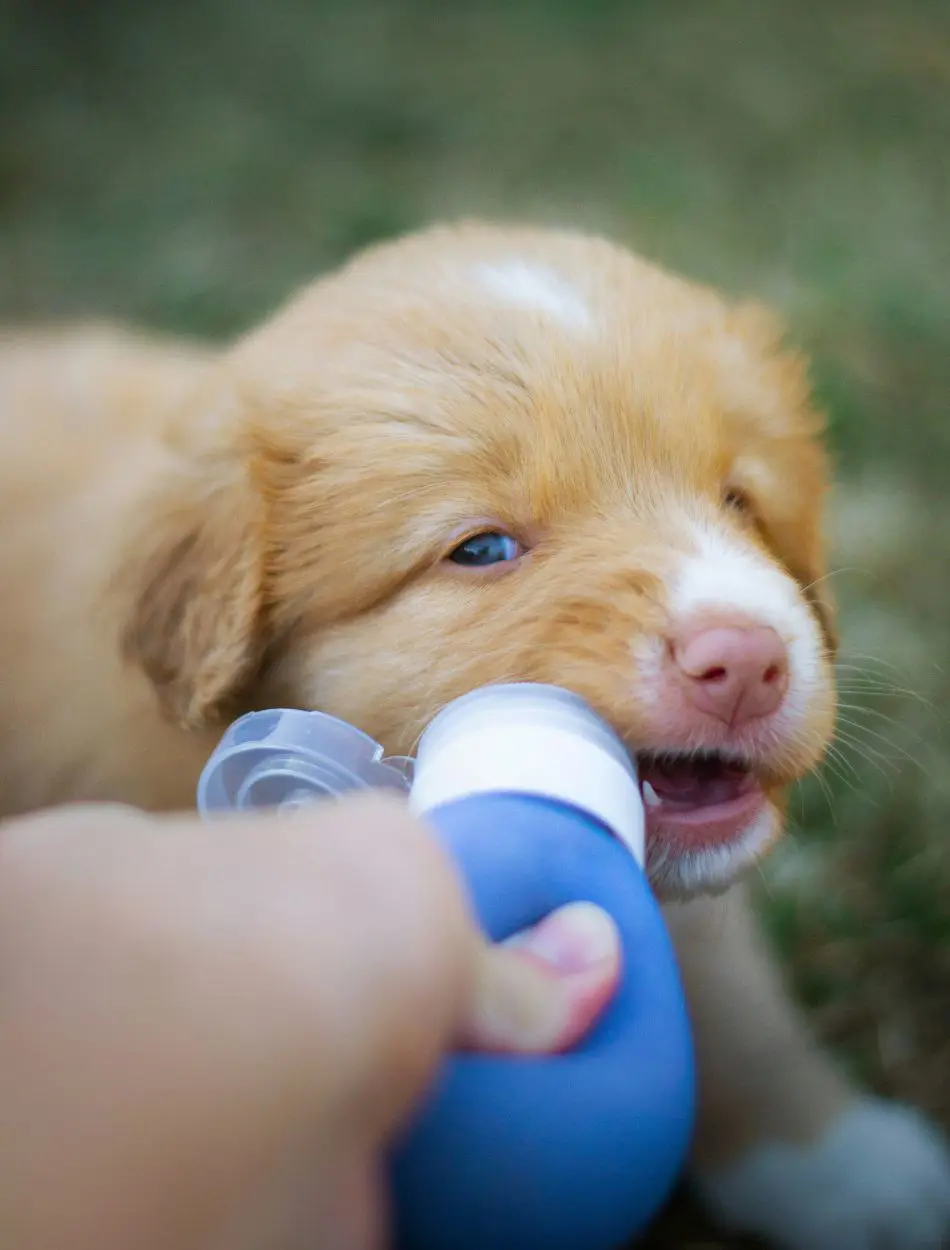
During puppy teething, drooling becomes excessive because new teeth still push through their gums and tend to make them swell and hurt. The extra salivation produced keeps their sensitive gums moistened and can act like a soothing balm for any ache caused by teething.
During this stage, puppies like to explore the world through their mouths and the continual chewing and mouthing of objects has an added effect of salivation. Drooling does stop when the teething is done, but it is a normal, yet temporary, puppy condition.
5. Heat And Exercise
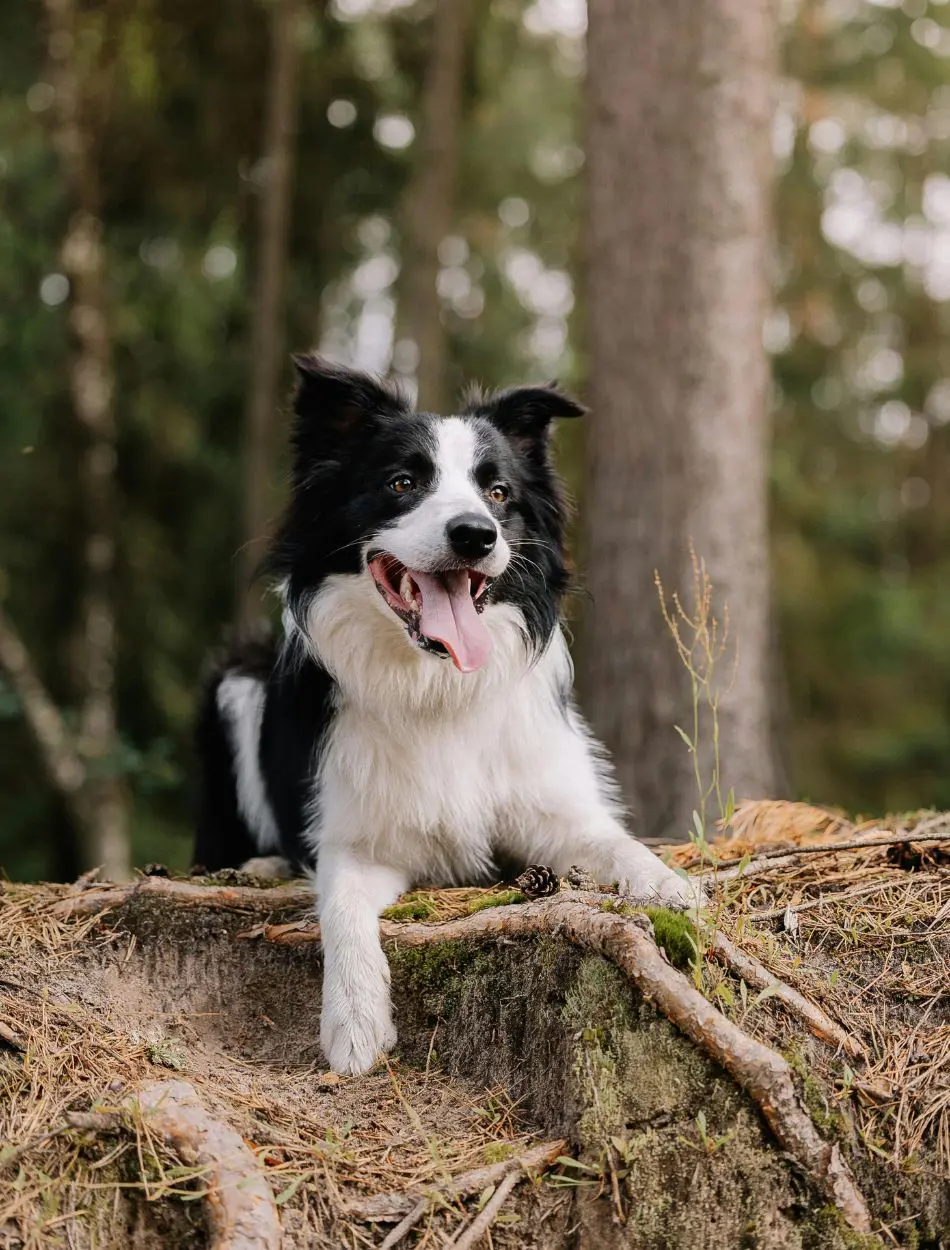
Dogs cannot sweat, they drool or pant to lower their body temperature, and this leads to drooling. It may be that the dog drools once he has stopped panting due to exercises or hot days, as this cools him down through evaporation, but during this time his salivary glands get over-stressed.
If you find that your dog is drooling amply when it is hot outside or after he has exercised, this can be normal considering his body needs to cool down. Heavy drooling, combined with other signs such as lethargy or vomiting, can spell a heat stroke condition needing immediate veterinary attention.
6. Dental Issues
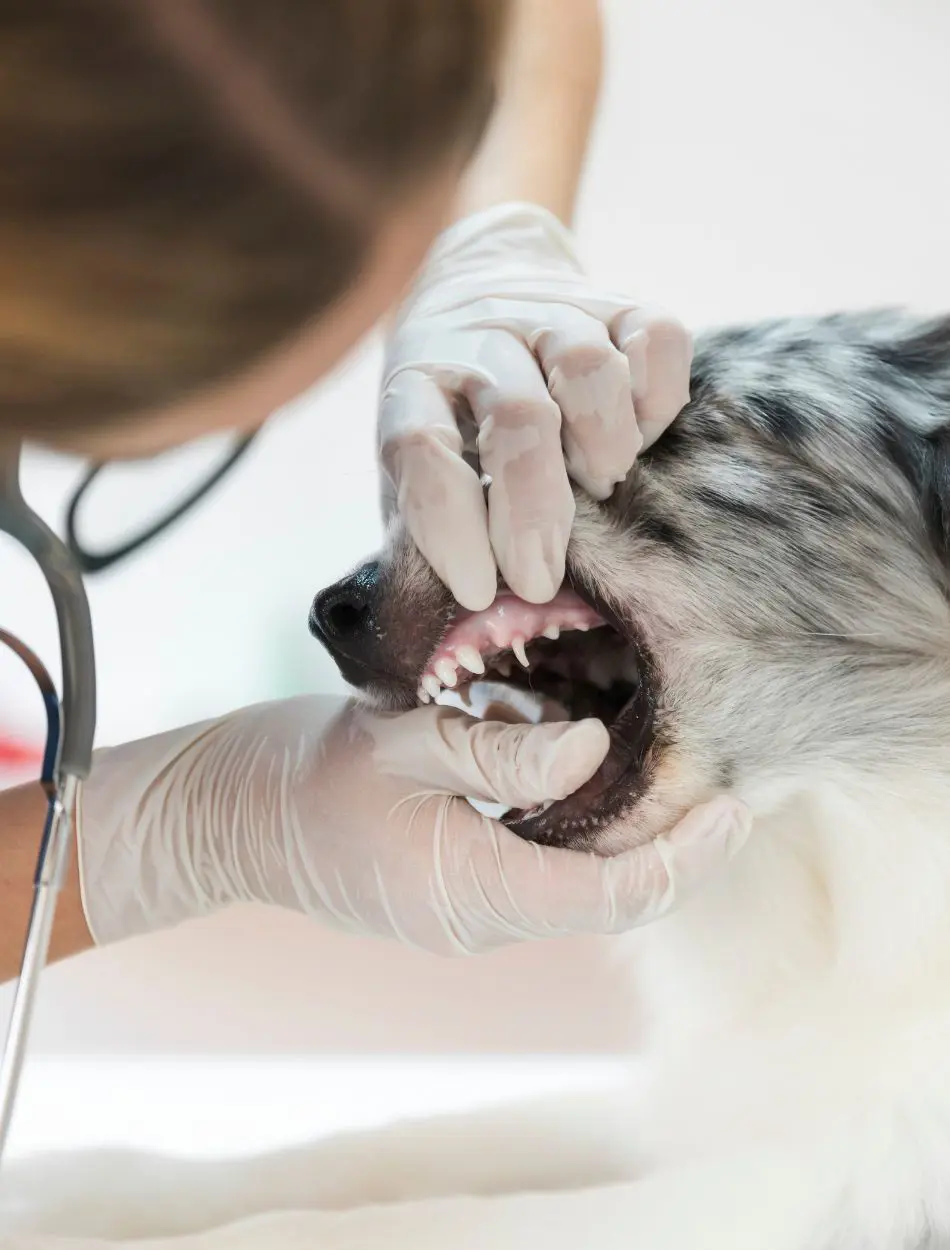
Dental issues in dogs, such as gum diseases, tooth decay, and oral infections, make them drool excessively due to the pain it causes and irritation of the area around the mouth. The excess amount of saliva produced cleanses the inflamed parts and soothes this discomfort, hence making drooling in dental cases more prominent.
Excessive drooling with painful eating or chewing is a good indicator of the need for a veterinary dental checkup. Such issues would be prohibited by appropriate dental care and would serve to reduce drooling caused by oral conditions.
7. Nausea
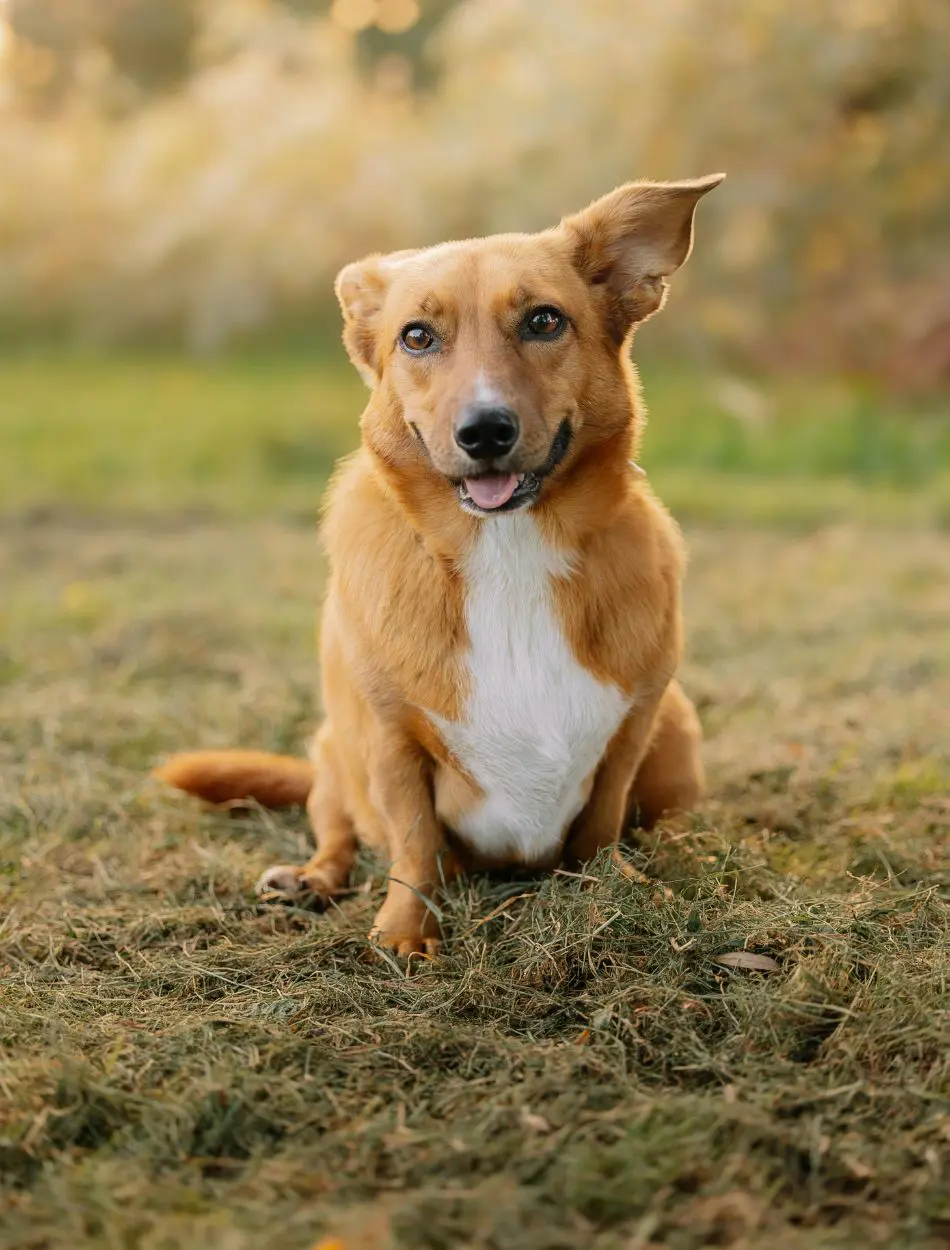
Nauseated dogs drool, this is the body's way of preparing itself in case it needs to vomit. Nausea stimulates the salivary glands to increase the secretion of saliva, which lubricates the path that would be taken through the digestive tract in case vomiting takes place.
If excessive drooling is now accompanied by other signs of illness, such as inappetence, lethargy, or even vomiting, it would be better if the dog is seen so that nausea or any other underlying cause for such behavior may be ruled out, this in turn would treat the root cause, hence making the dog more comfortable.
8. Heatstroke
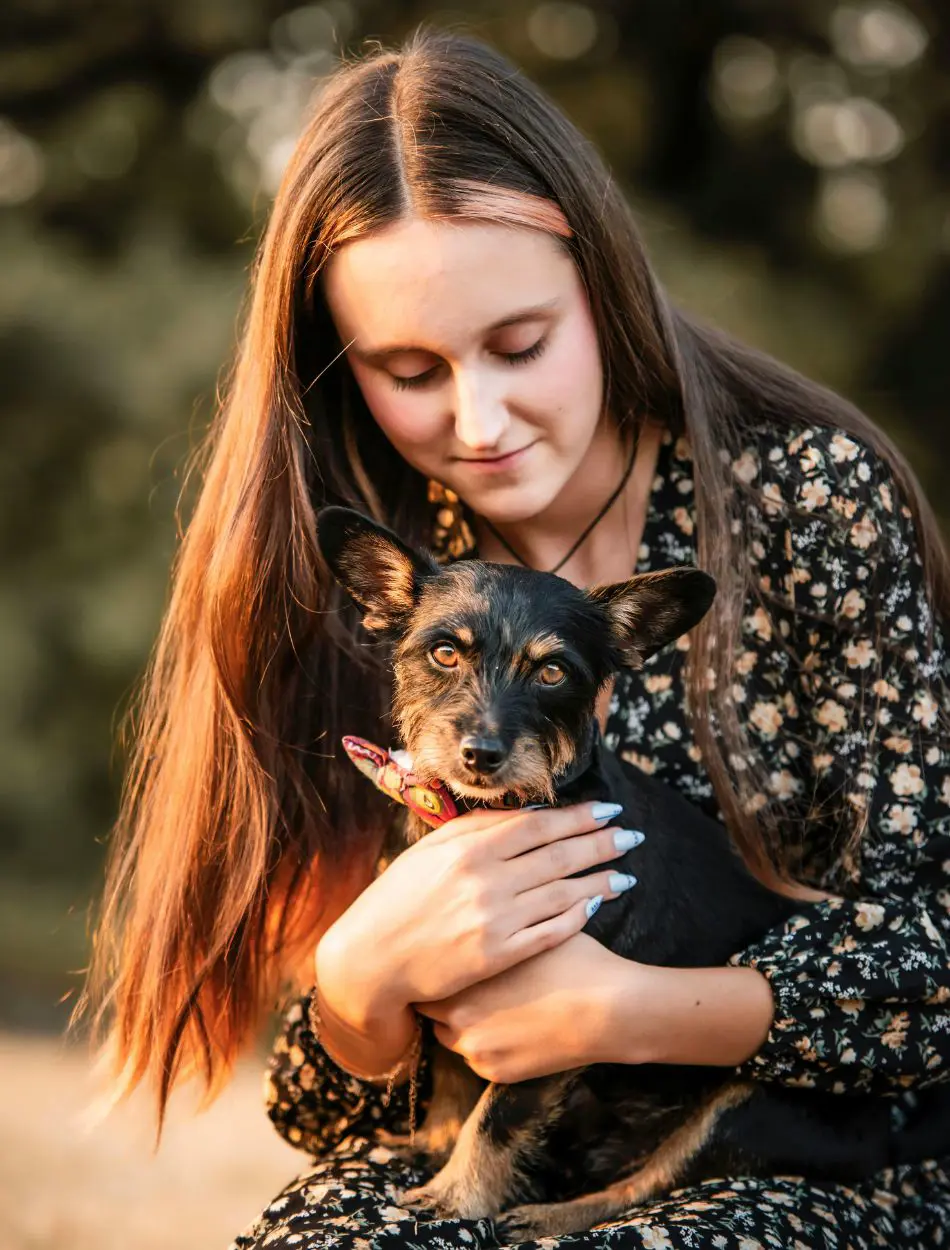
The overheated dog tries to cool the body through heavy panting. In turn, drooling becomes excessive. The main causes include longer periods of exposure to high temperatures and overexertion in hot weather, warning against signs of extreme drooling.
It is usually distinguished by thick foamy saliva, which is a sure sign that the dog has completely lost all his body temperature regulation capabilities. During hot weather, your dog should be given a rest in a shady area with water and an opportunity to rest.
9. Infections
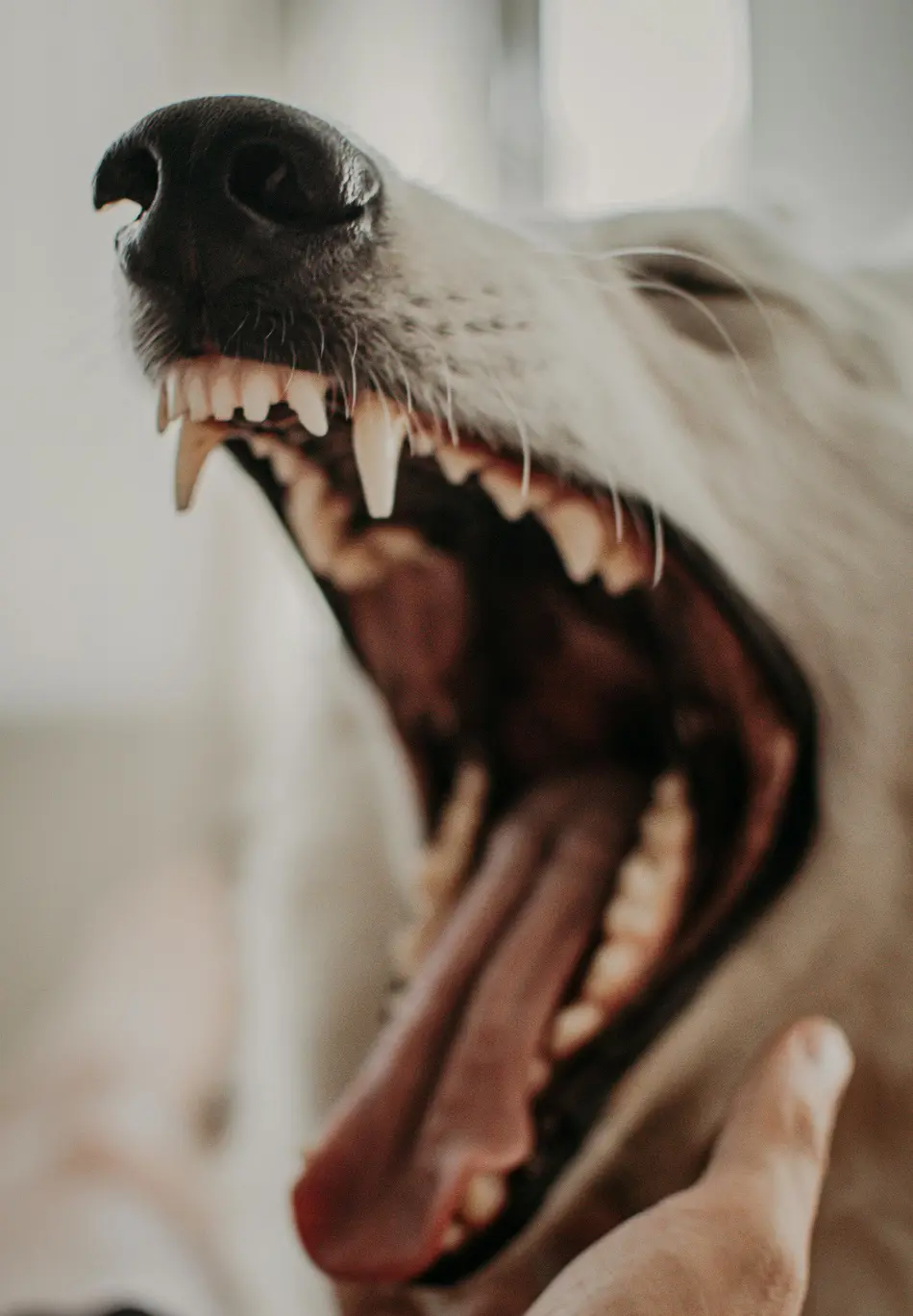
This is when excessive drooling takes hold of your dog in instances of bacterial or viral oral infections. This sets the body racing toxins to the site to try and soothe irritated tissues.
Painful infection sores or swellings may result in irritated salivary glands that increase saliva output due to a natural response from attempting to try and heal the injury.
Drooling can be characterized by bad breathing, swelling, or difficulty while eating when the infection sets in the dog. Diagnosis and treatment through a veterinary doctor are the only ways to help improve discomfort and reduce excessive drooling.
10. Foreign Objects
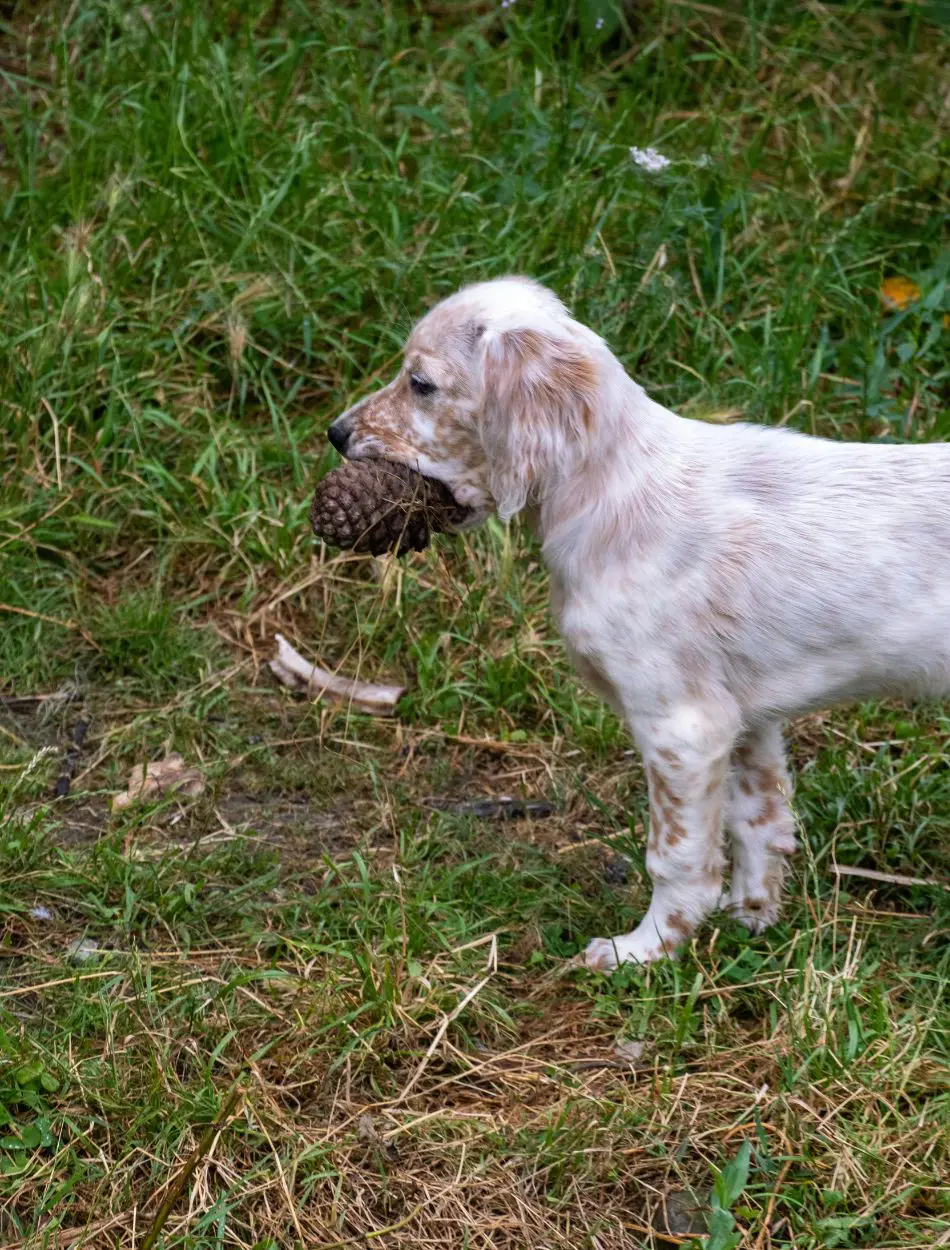
Foreign objects such as sticks, bones, or some common objects may stick inside one's dog's mouth or throat, excessive salivation is the body's response to trying to dislodge it. If you suspect that something has stuck in your dog's mouth, a vet will, therefore, be able to sort out such a situation safely with no further complications.
11. Age-related Changes
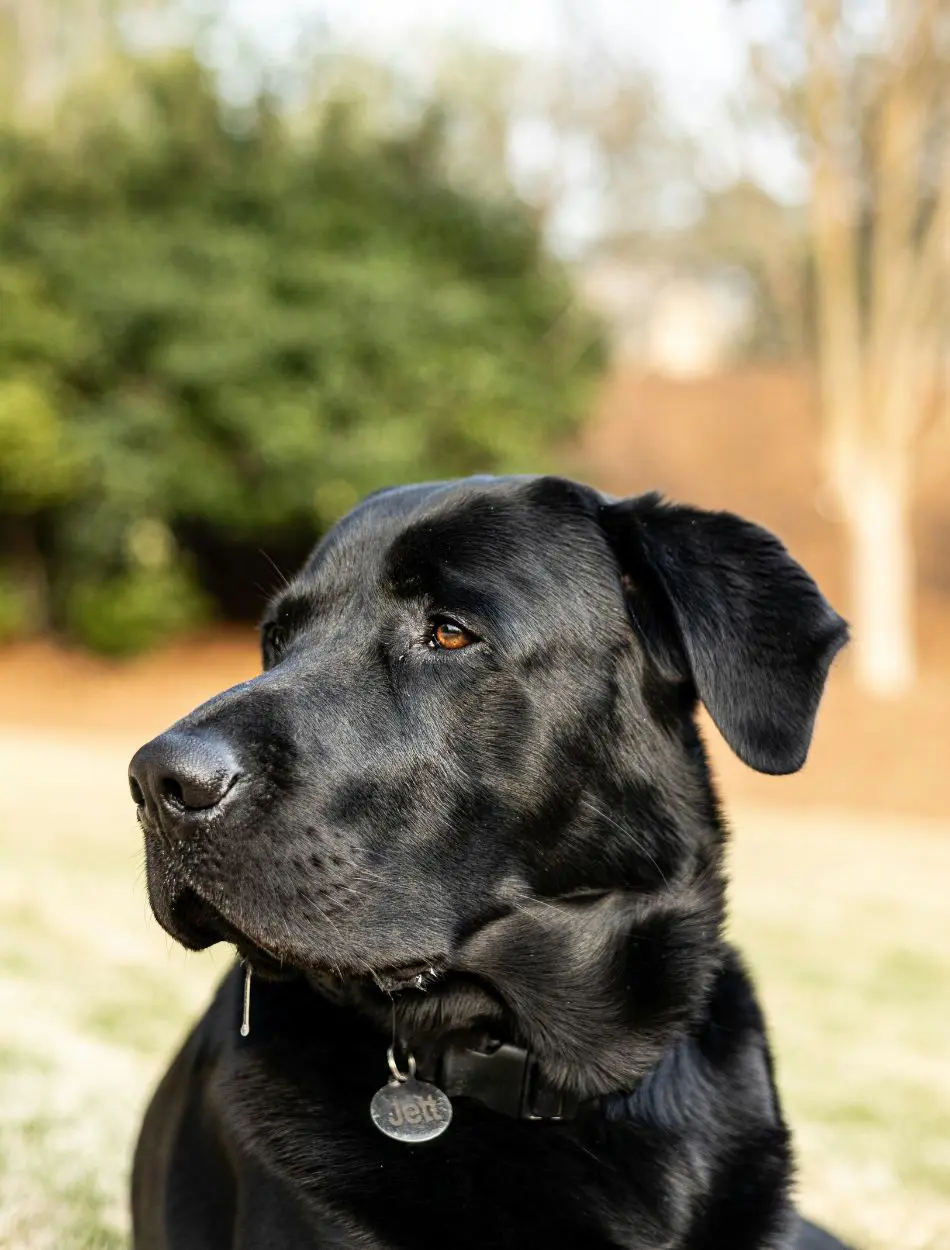
Other age-related changes that can affect an individual's likelihood of drooling more often include decreases in muscle tone, dental health, and the overall functioning of the mouth. Older dogs are more likely to have diseases of the gums and decaying teeth that could lead to excessive salivation.
This could also cause age-related cognitive decline, whereby the dogs forget to swallow saliva, hence drooling. While drooling a little might be expected in aging dogs, the owner should have his animal checked by a vet to eliminate treatable health issues that may be exacerbating the behavior.
12. Boredom
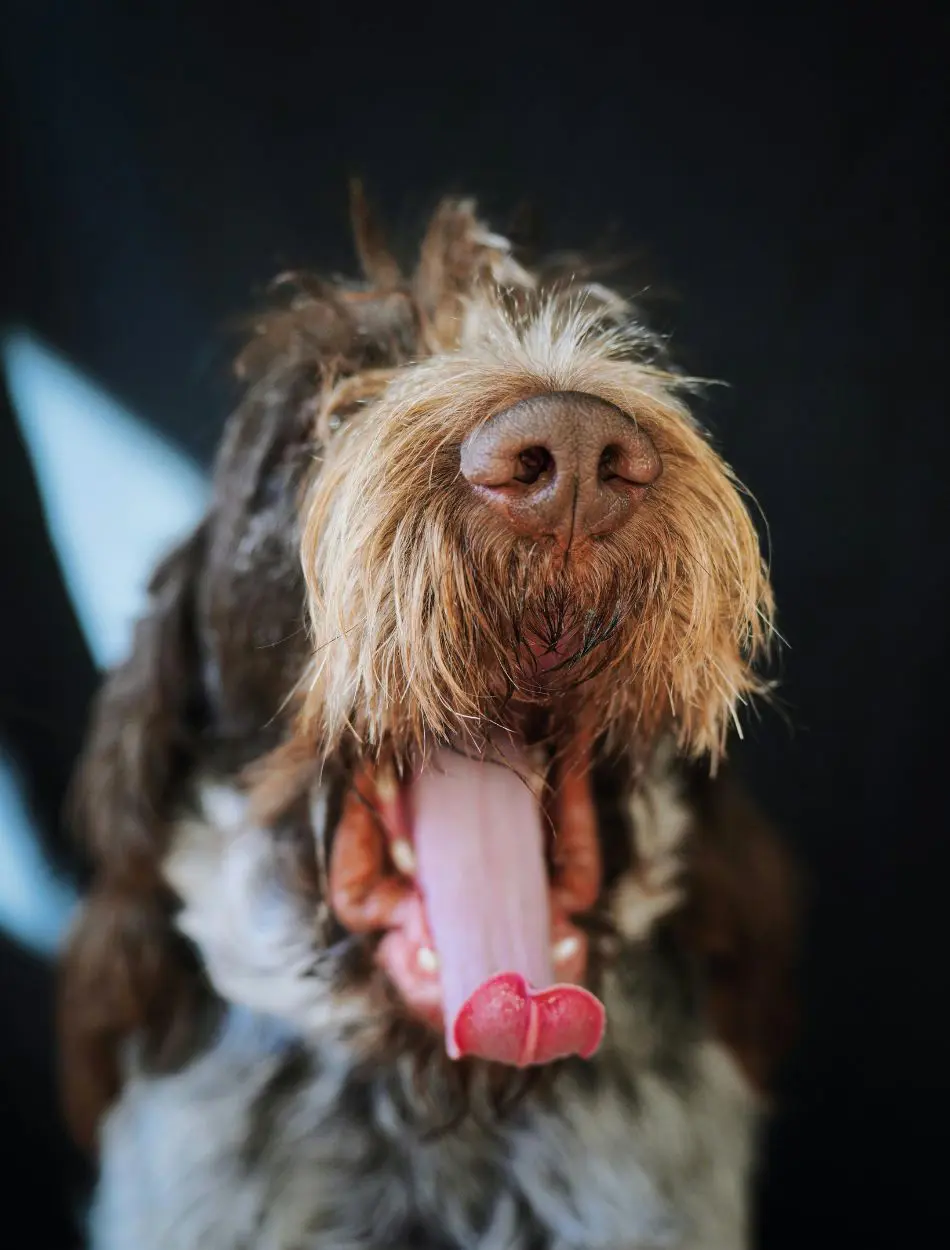
In some cases, drooling may indicate that the dog is in a state of distress, leading to pacing or whining. Mental and physical stimulation is necessary for the dogs, which is important, but once they are not getting enough of it, then they can get anxious, resulting in drooling behavior.
Keep your dog occupied with things to do, a few play toys, and on-schedule workouts to keep your dog from boredom. Consequently, it reduces slobbering. In this process, it does not only address drooling, but it also makes them so happy and healthier as well.
13. Exposure to Irritants
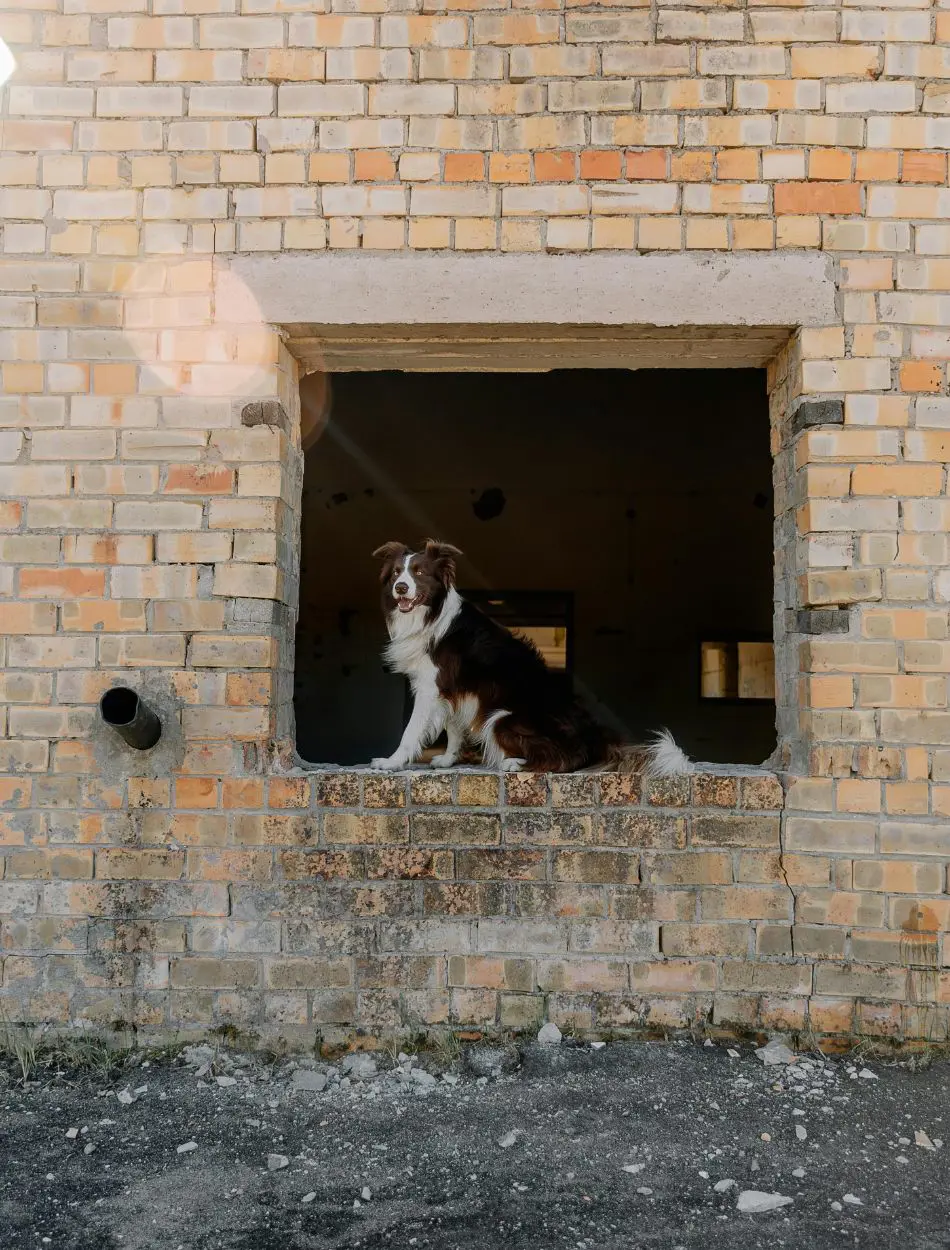
Sometimes excessive salivation is the body's attempt at ridding itself from a chemical, toxin, or other forms of irritants. Dogs exposed to lawn chemicals, household cleaners, and dogs who have come into contact with certain types of toads may start drooling excessively as their body kicks in to rid them of the offending irritant.
If this persists after some form of exposure to an irritant, or if accompanied by other signs such as vomiting or swelling, then the services of a vet have to be sought for further action. Thereafter, such episodes are entirely preventable if the known irritants are avoided.
14. Allergies
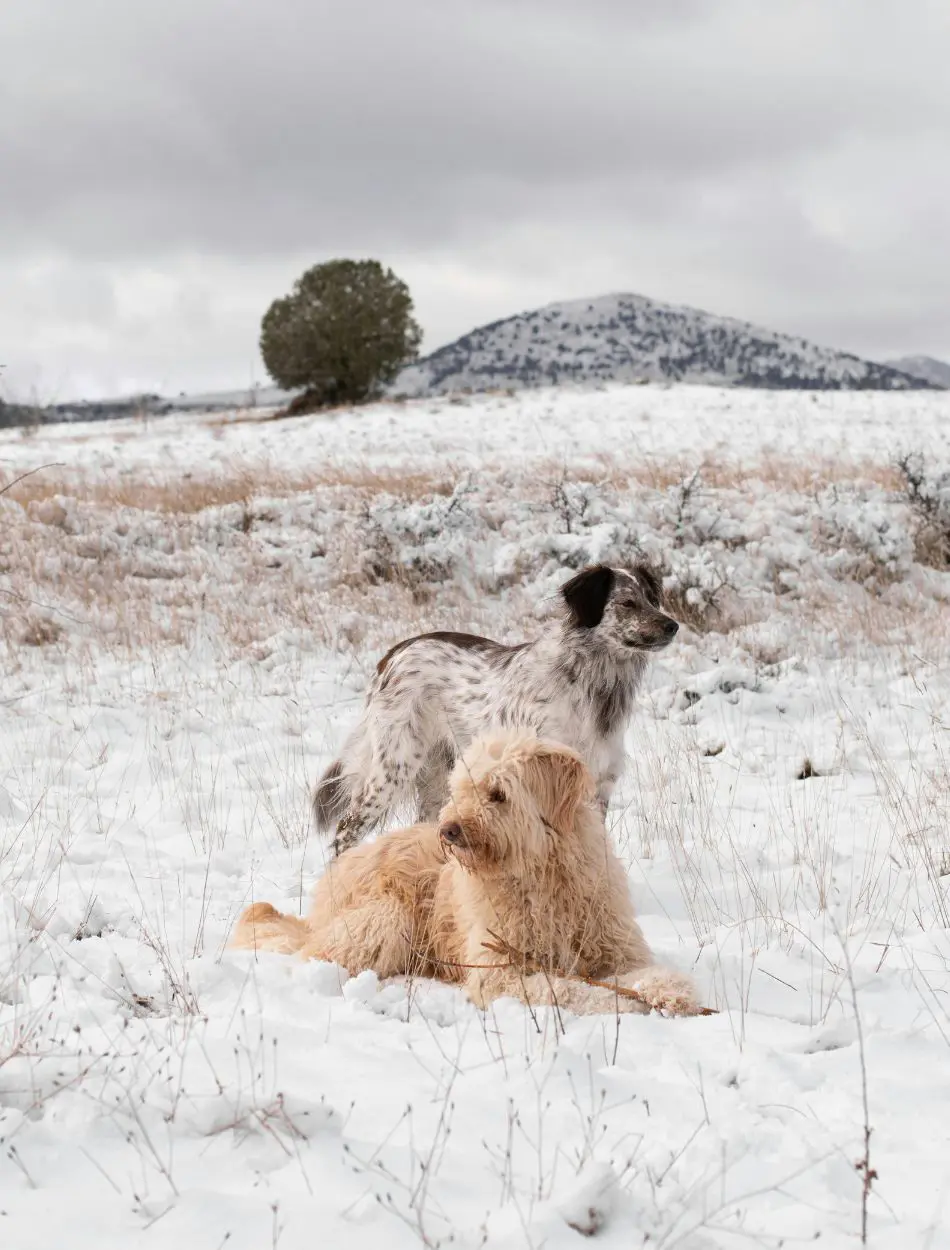
Less commonly, allergies in dogs are a valid cause of excessive slobbering, especially if the allergy causes swelling in the mouth or throat. Dogs can be allergic to everything from pollen and certain foods to the bites of insects, and the short-term consequence of an immune response is an increase in the production of saliva to that irritant.
If drooling is accompanied by itching, swelling, gastrointestinal ailments among other symptoms then it may be an allergic reaction. All the symptoms accompanying drooling would vanish once the allergy is diagnosed and cured by the vet.
15. Water Retention
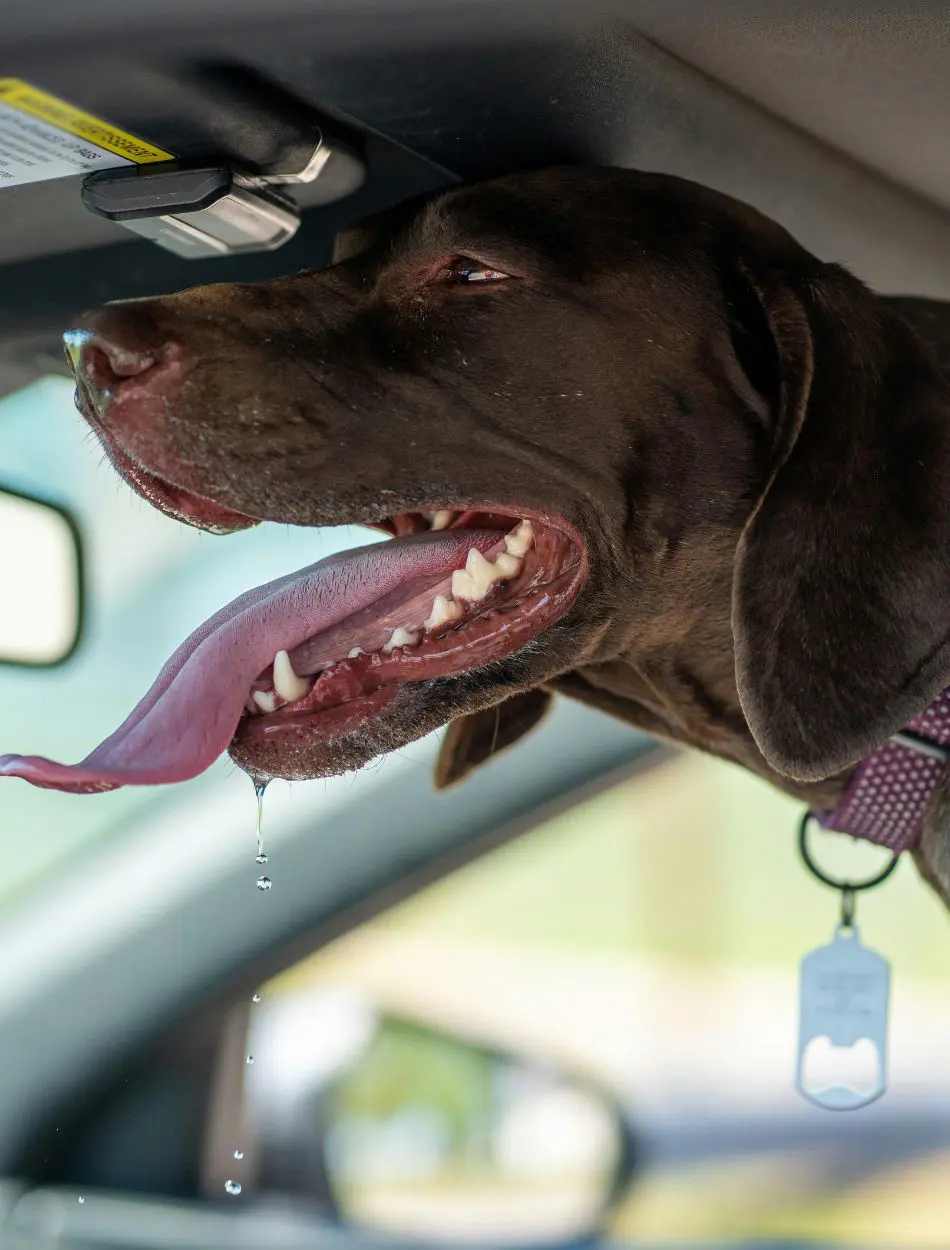
Even dogs with water retention, due to kidney disease or heart failure, will be drooling more because of that buildup inside their body. Overstimulation of the salivary gland in a body where excessive fluids are not quite well disposed of may cause noticeable drooling.
Such slobbering is always accompanied by other signs such as changes in urination, lethargy, or weight changes amongst others. At such signs, one can consult a vet for diagnosis and subsequent treatment.
16. Salivary Gland Disorders
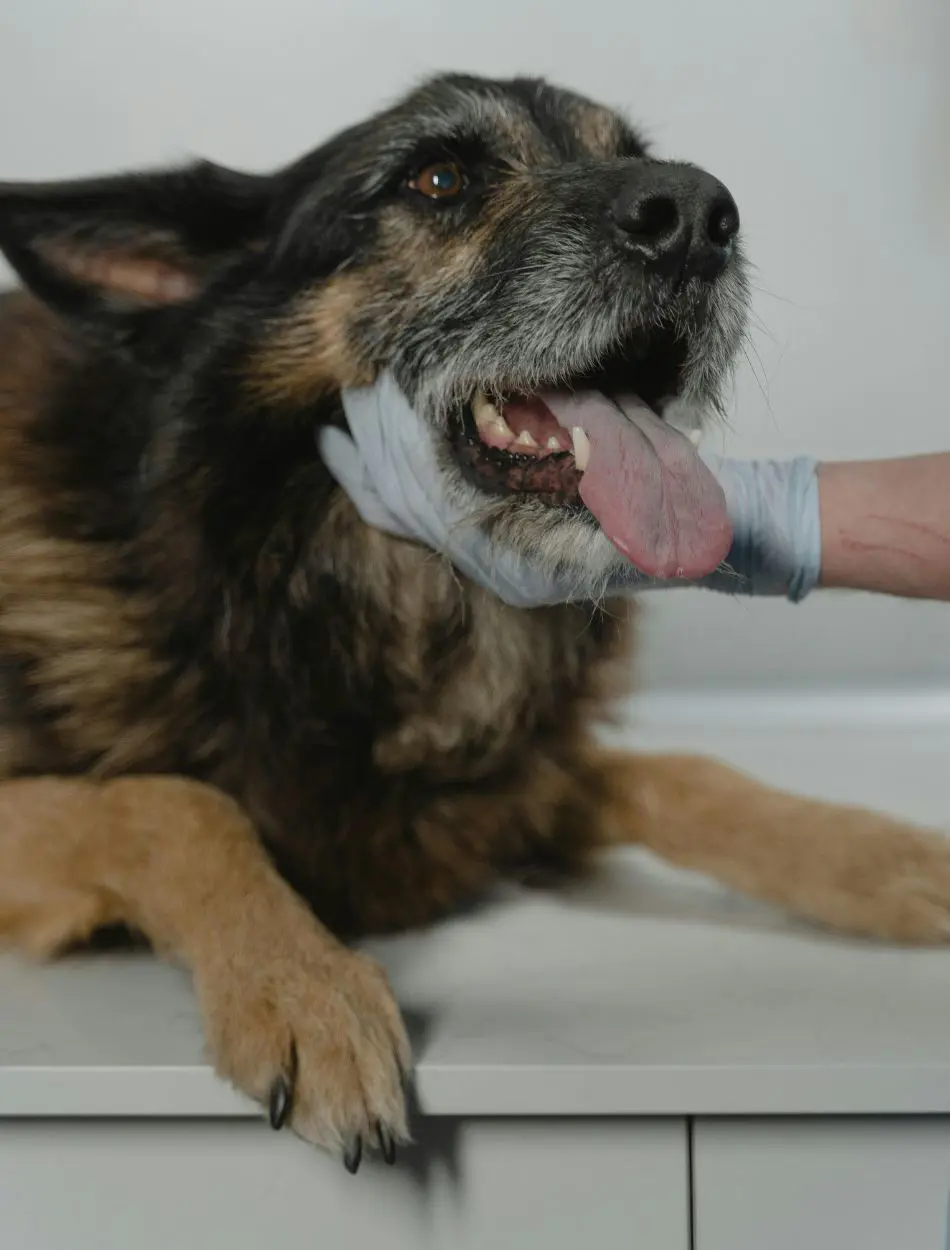
This may be in the form of blockage of ducts or infection, responsible for increased saliva production. Saliva consistency is changed by such conditions, and it becomes thick and, hence, hard to swallow leading to drooling.
If one suspects that their dog has a disorder with the salivary gland, then a veterinarian will be able to tell one what the problem is and give one the appropriate medication or surgery that one's dog needs to help manage it.
17. Rabies
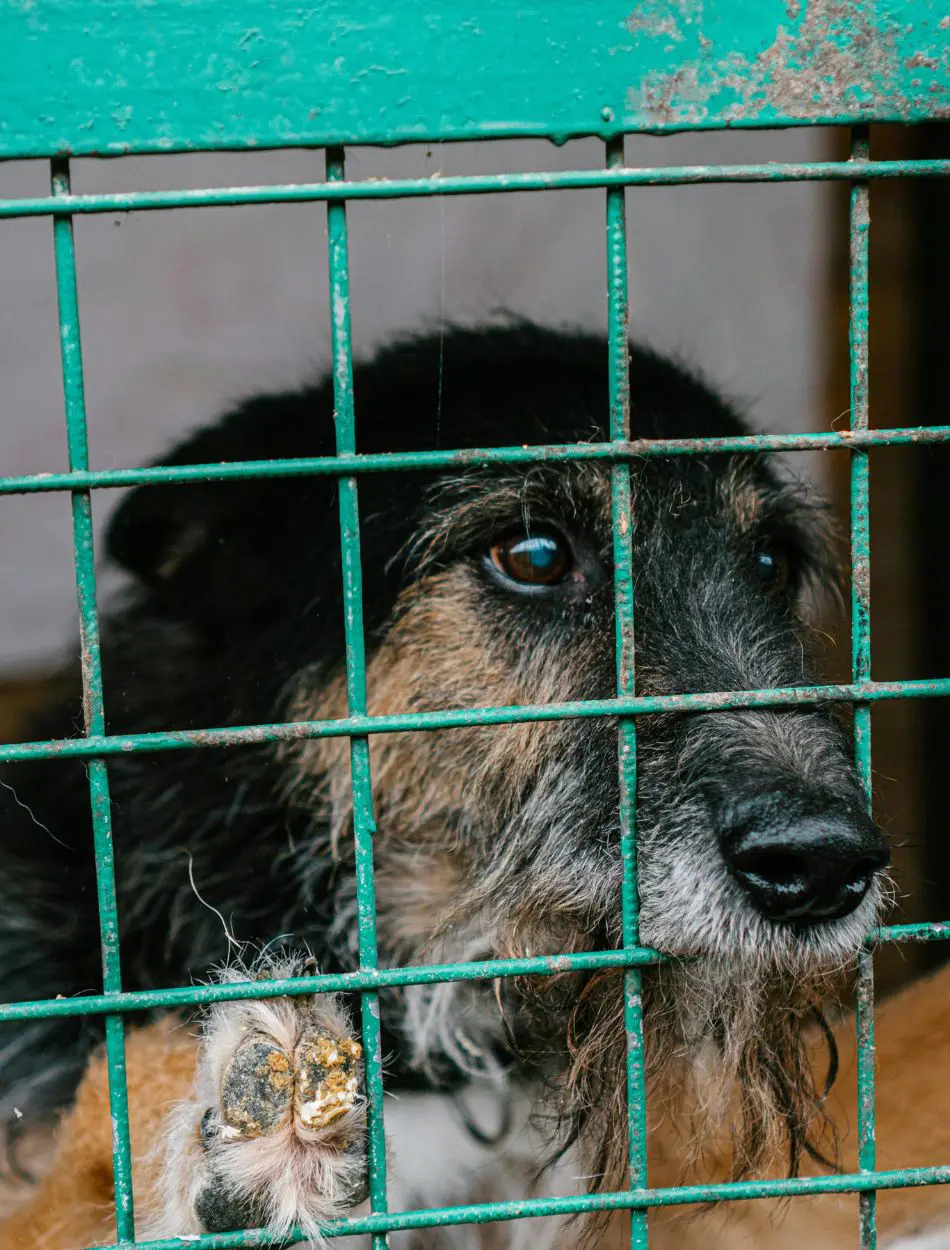
Rabies in dogs is a viral infection of the nervous system that presents itself in several symptoms among which hyperaeolism occurs due to partial paralysis of the muscles that govern swallowing.
Among many symptoms, drooling includes a change in behavior and increased aggressiveness, and this symptom is considered one of the first manifestations of rabies infection in most instances. It will be transmitted mostly by a bite of an infected animal.
The virus will affect and destroy the nervous system. If possible, vaccination of your dog against rabies is of utmost importance to safeguard them, and if you think that your dog has the virus inside them then get immediate help from a veterinarian.
18. Motion Sickness
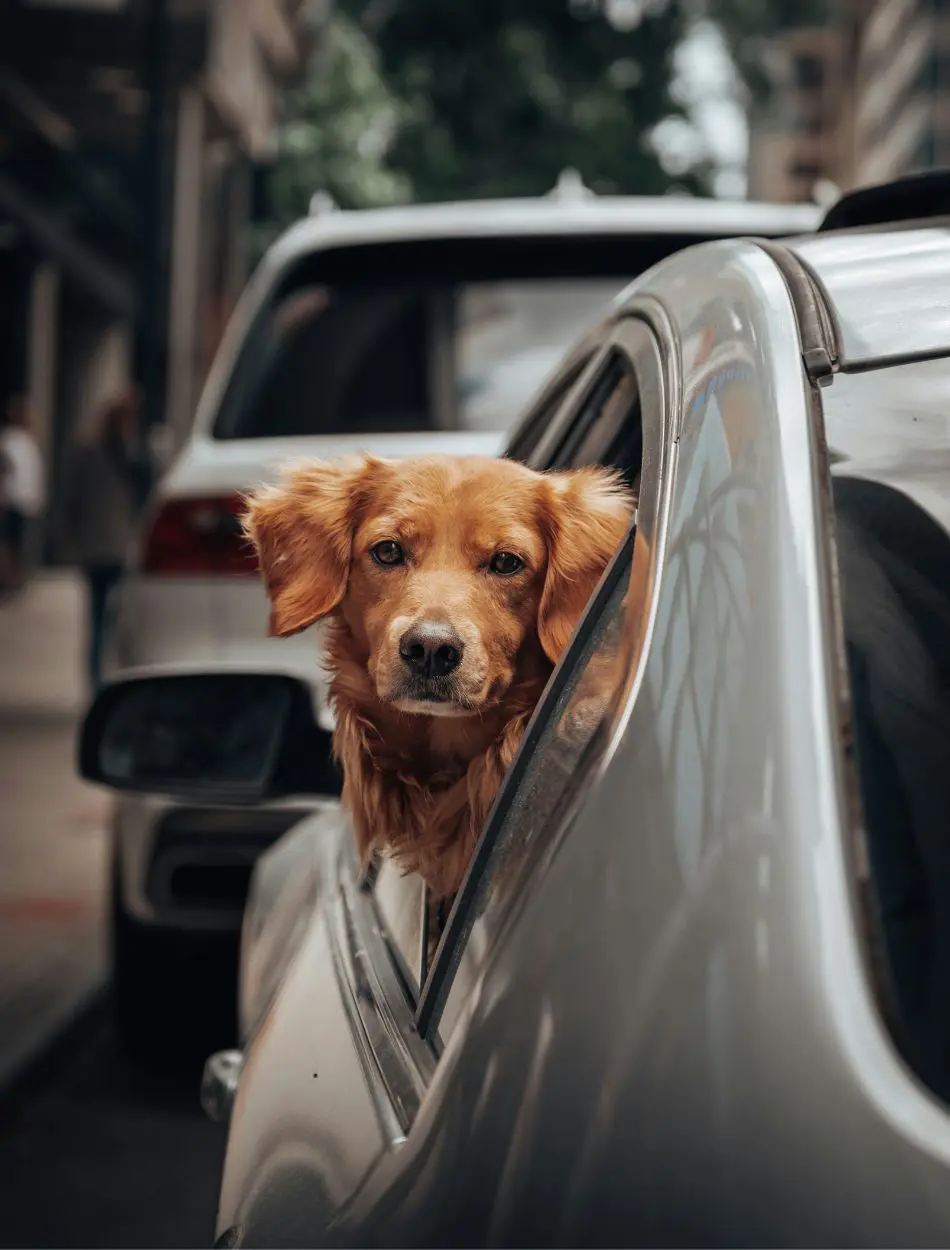
Just like humans, dogs develop car sickness, and one of the more prevalent symptoms of the condition is excessive salivation. If the motion of the car had disturbed the balance of their inner ear, so would their stomach be upset in response, this caused nausea and the production of more saliva.
It mainly affects puppies and young dogs but is by no means uncommon in older dogs, anyway until they have become accustomed to traveling. Acclimatization to travel in cars, together with short, frequent journeys, holds the secret to minimizing distress and accompanying salivation.
Recent posts
Dogs
Why Is My Dog Panting? 18 Reasons For Breathing Fast
Dog owners, those in tune with their pets, can often notice a change in their companion’s behavior. When unwell or scared, some dogs hide while others seek solitude. Similarly, panting is a normal sign of tiredness or lethargy, but can also imp...
10 Reasons Behind Dogs Chewing And Licking Their Paws
Some of the most harmless behaviors dogs depict are chewing on their paws. But if this obsession catches onto your pup, well, that raises a couple of curious eyebrows. Your dog's tendency towards chewing and licking can affect general health and well...
18 Reasons Why Your Dog Is Not Eating
A skipped meal here or there is normal, but your dog consistently refusing food is the cause of concern. The reasons range from dietary issues to more serious health conditions and behavioral issues. The dog may be a picky eater or there might be som...
17 Causes Of Seizures In Dogs
Don't dismiss your pet dog's uncontrolled twitching movements as harmless shivering - you may be bearing witness to the classic signs of a seizure. These sudden and involuntary electrical disturbances can drastically impact a dog's health and even ch...
18 Reasons On Why Is My Dog Limping
A dog limping can be a cause of concern and cause stress to owners. It is not normal dog behavior and can be a sign of health problems in dogs. Understanding why your dog is limping is important to cure this problem. This article discusses 18 reasons...
Why Is My Dogs Stomach Making Noises?
Any pet parent with a dog in their family can relate to the horrors of the unwarranted strange sounds occasionally coming out of their pal’s stomach. Though occasional tummy rumblings are nothing to worry about, frequent or loud noises should b...
